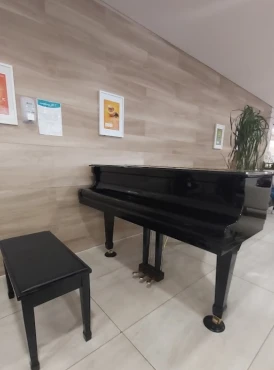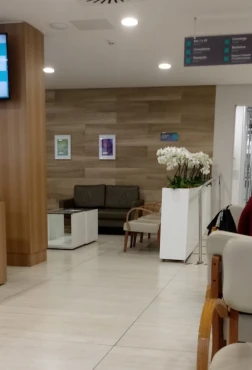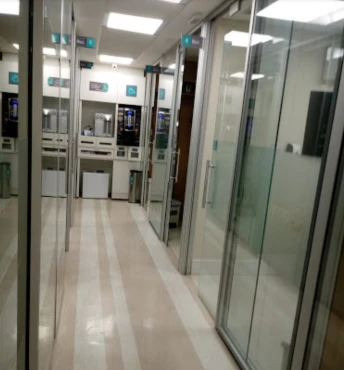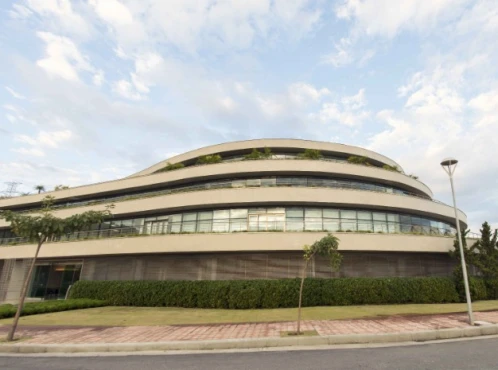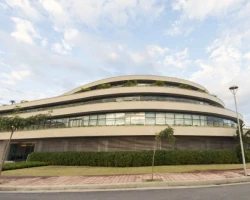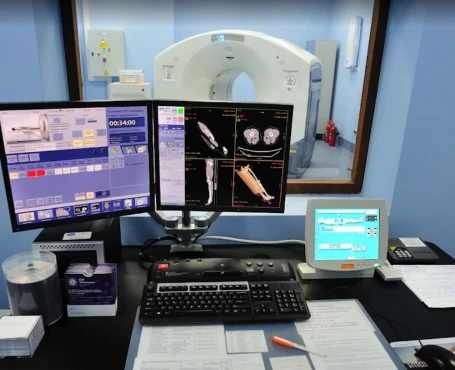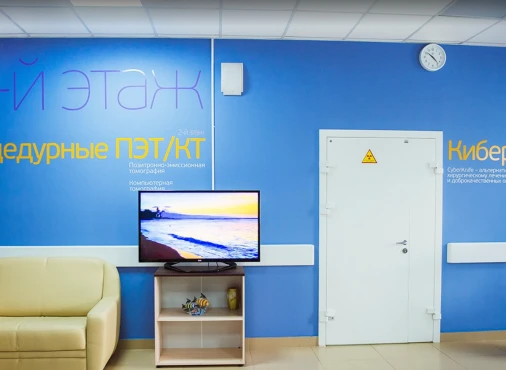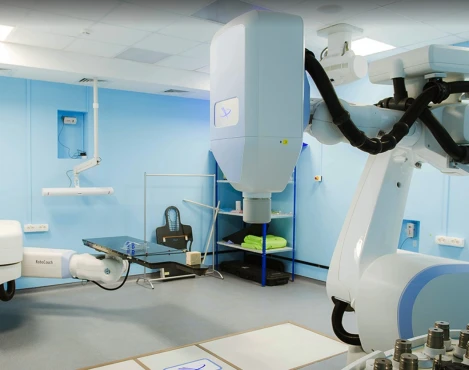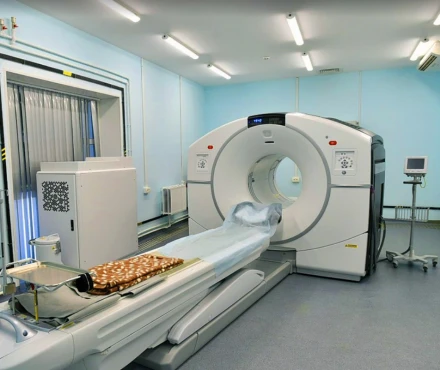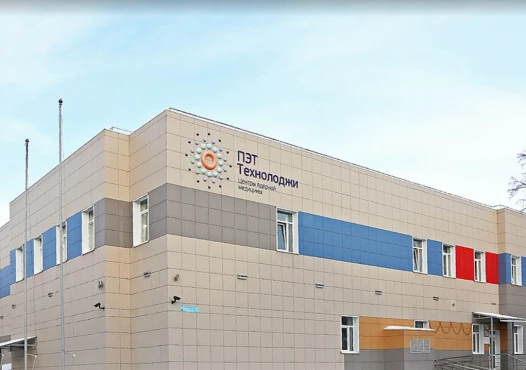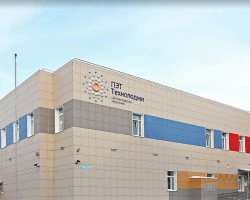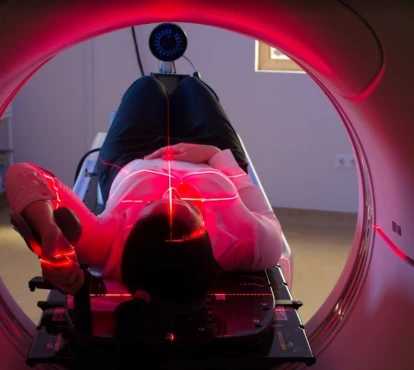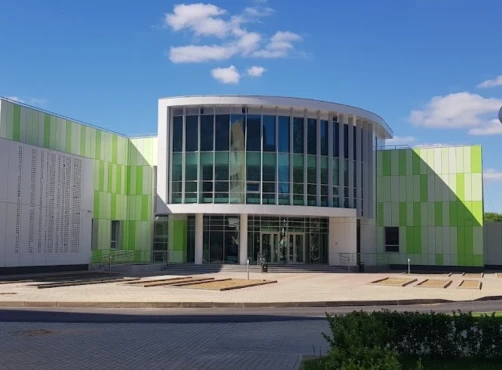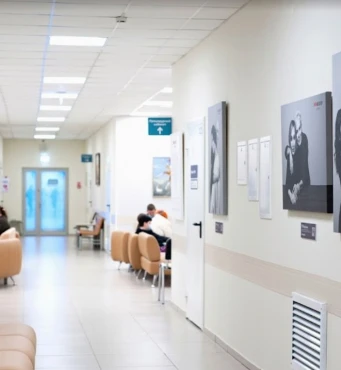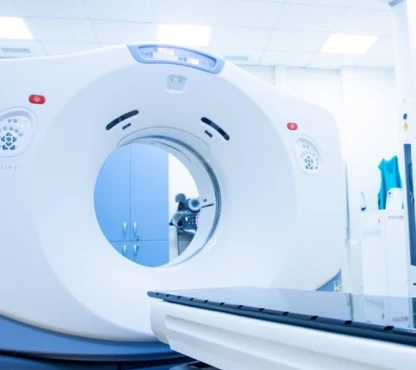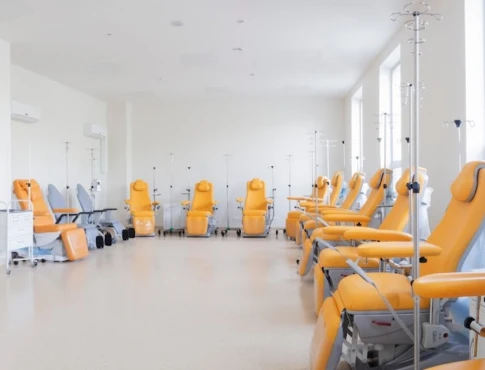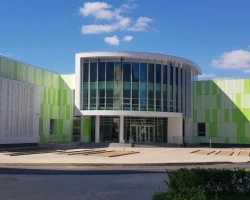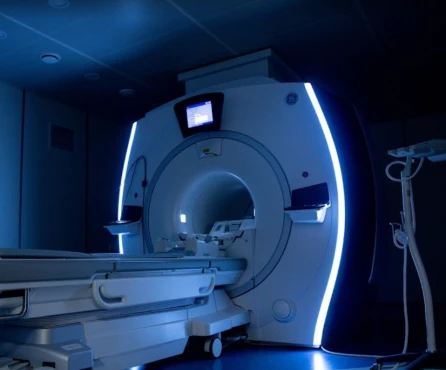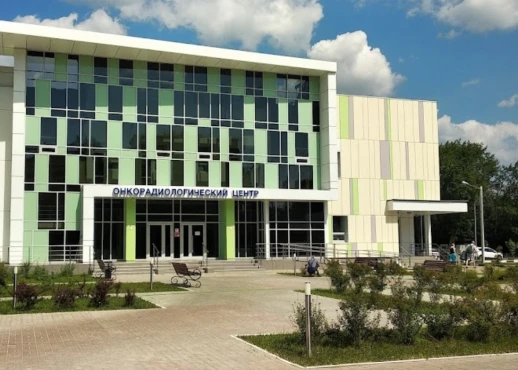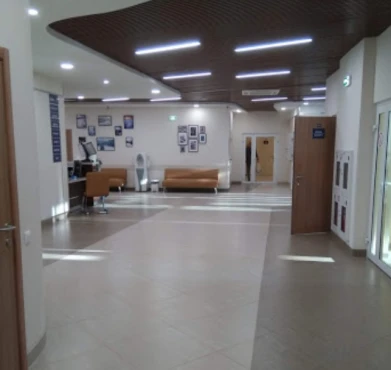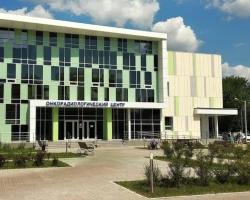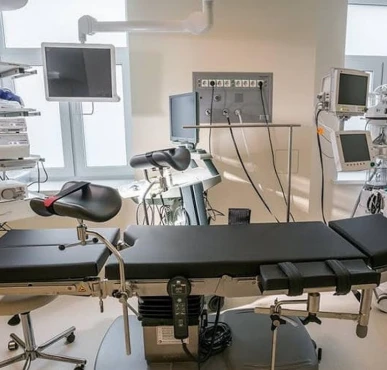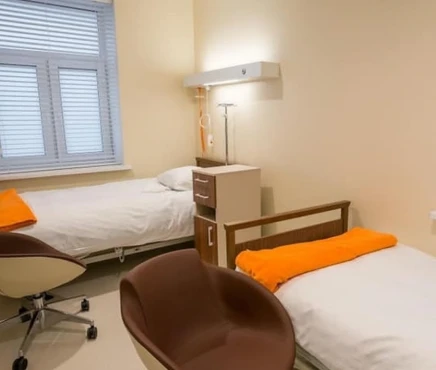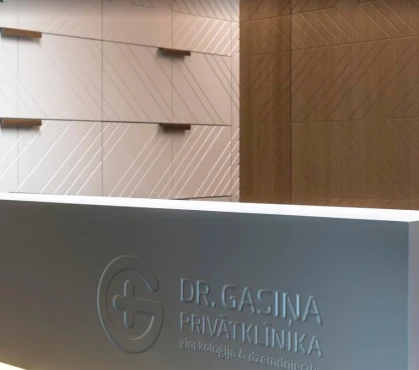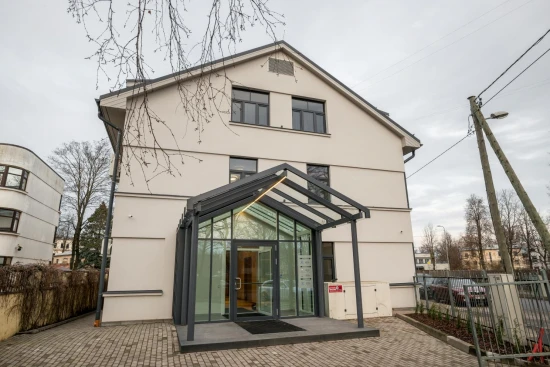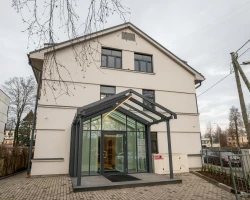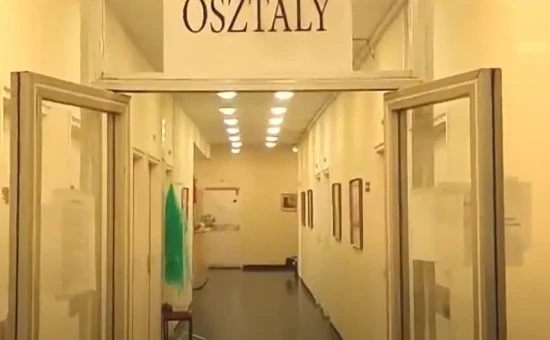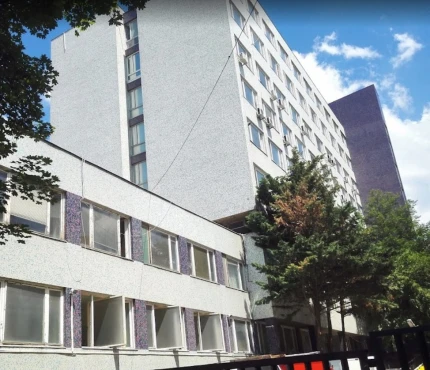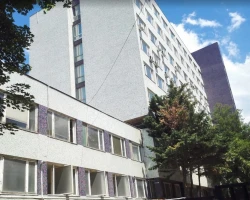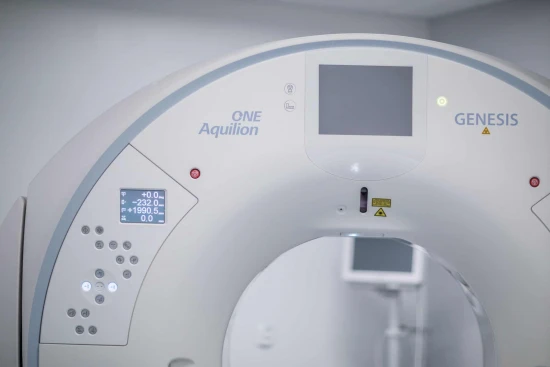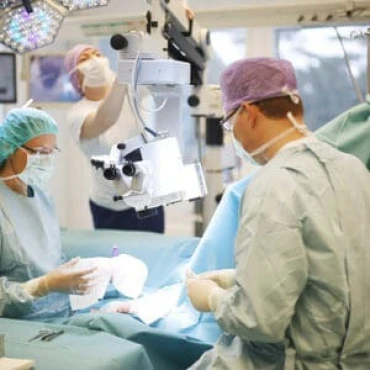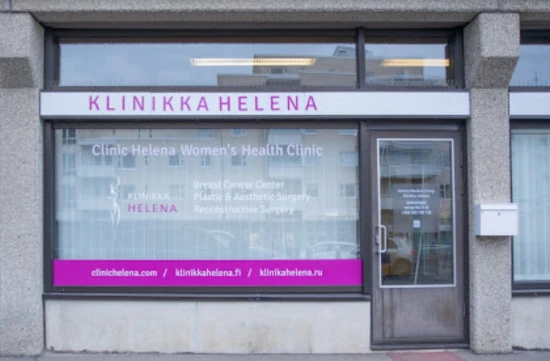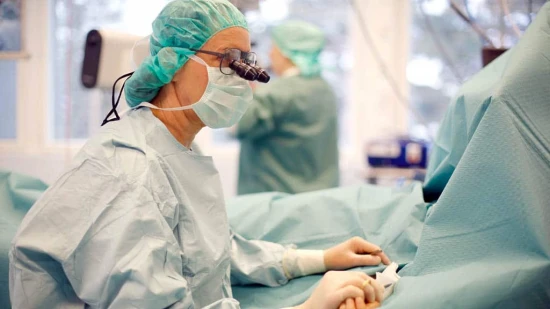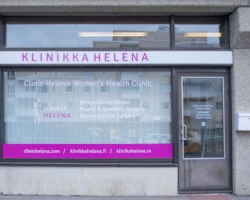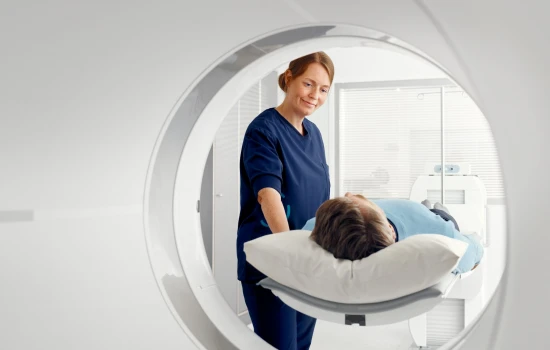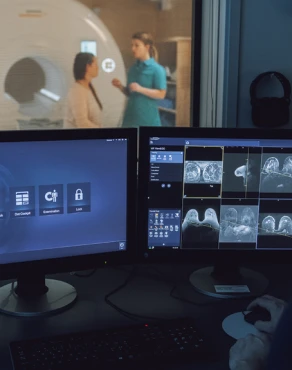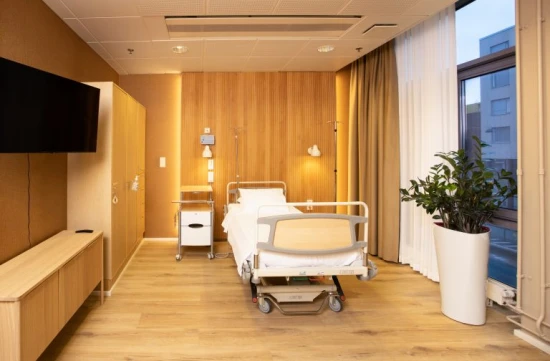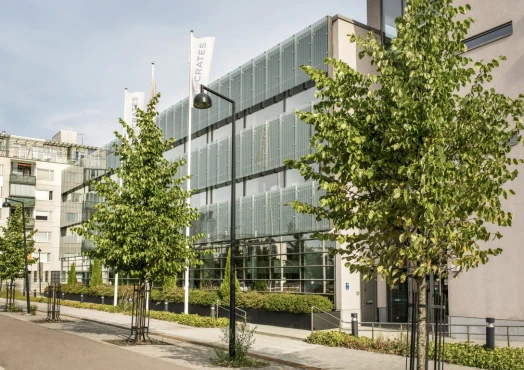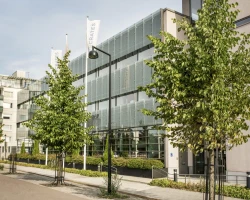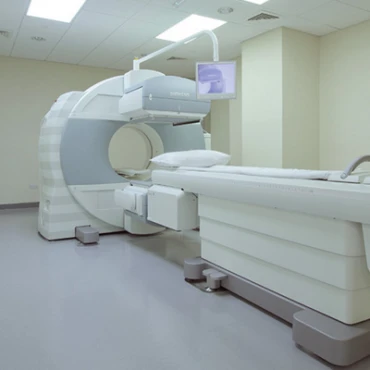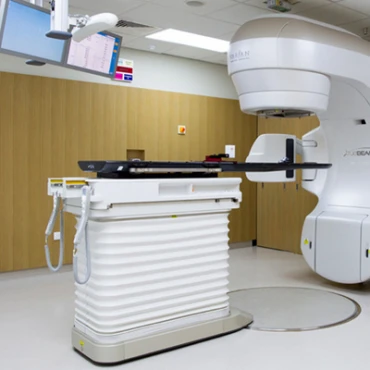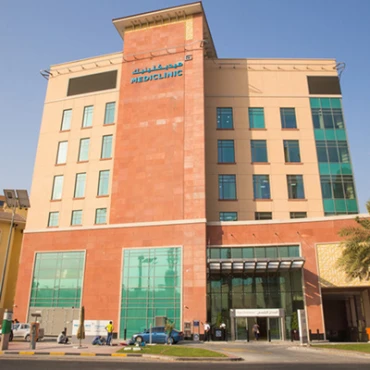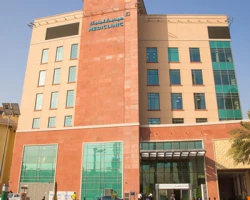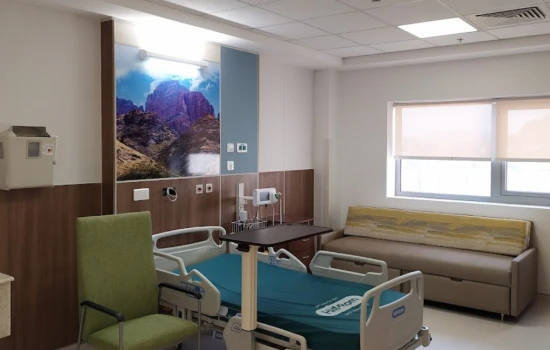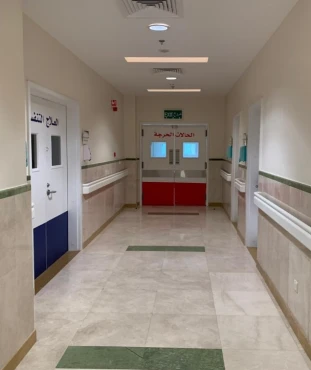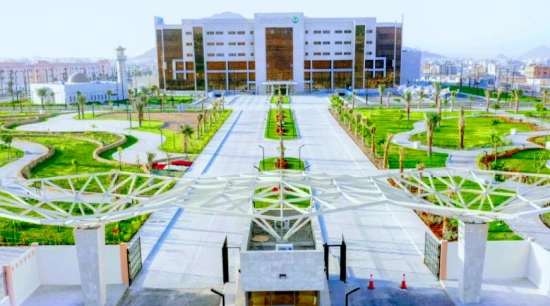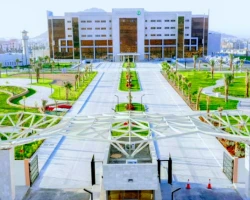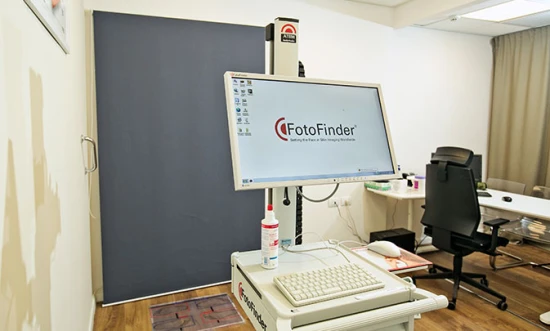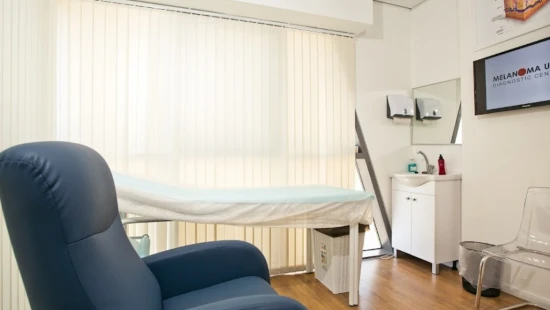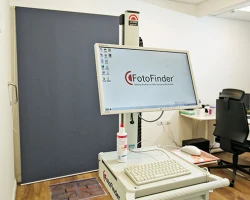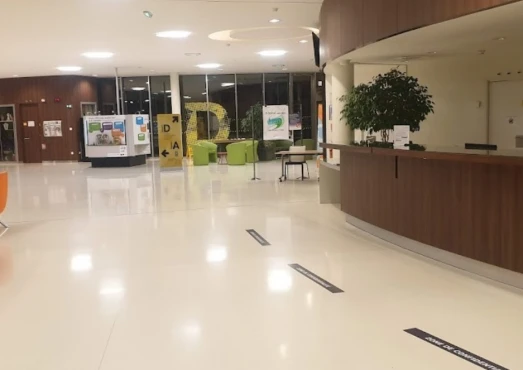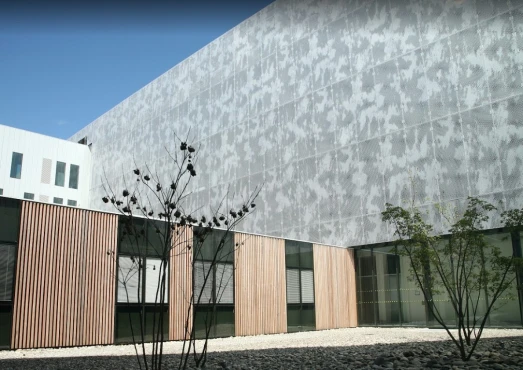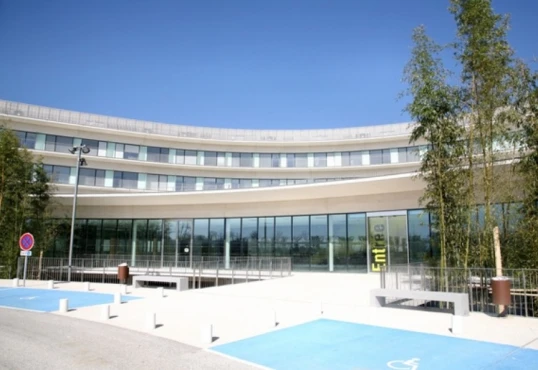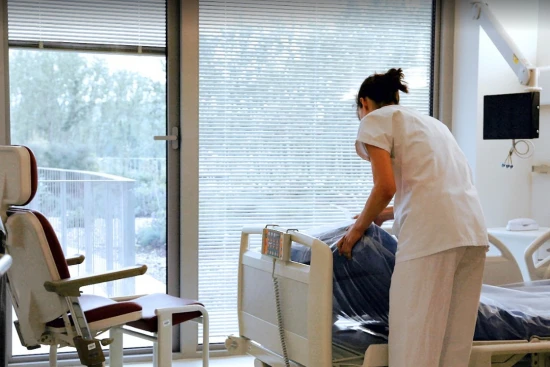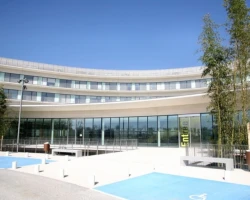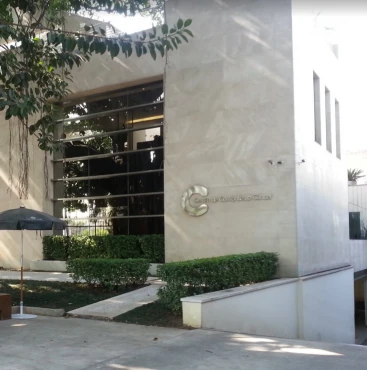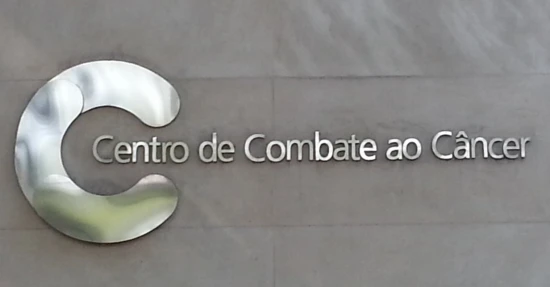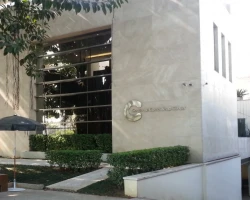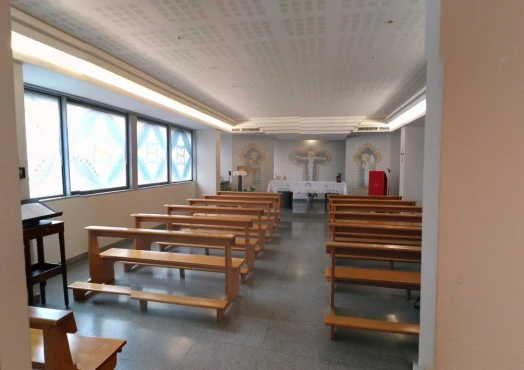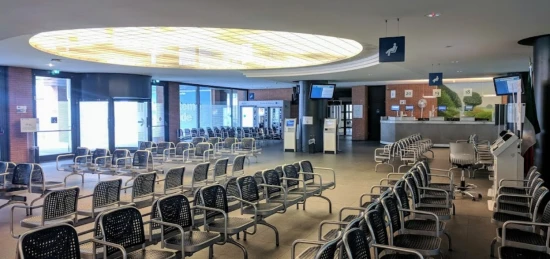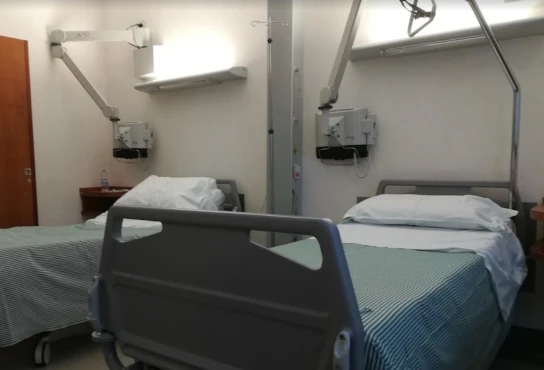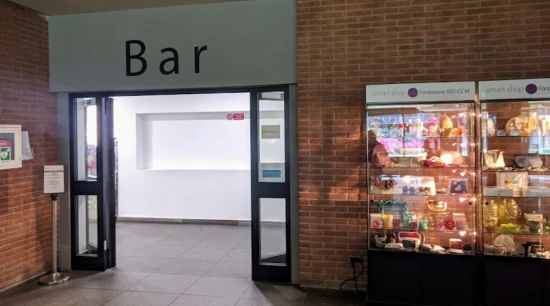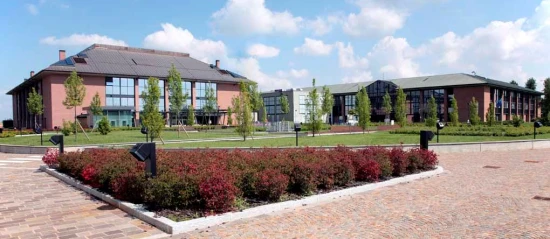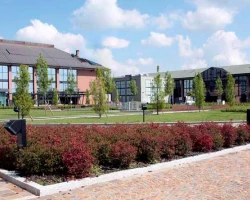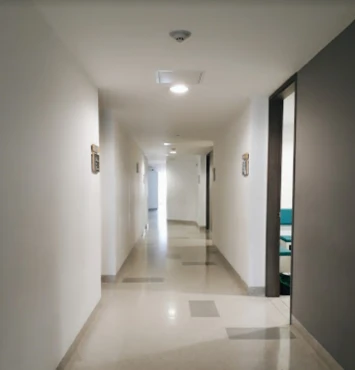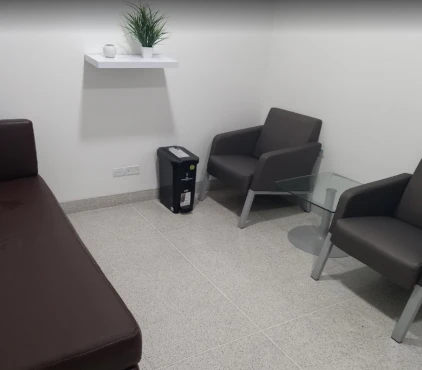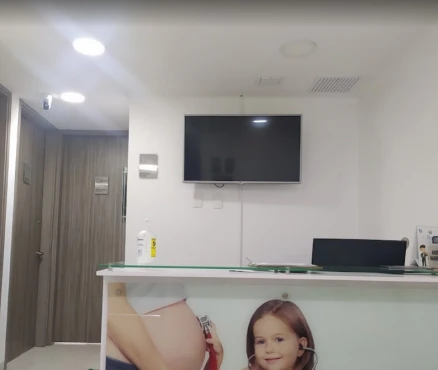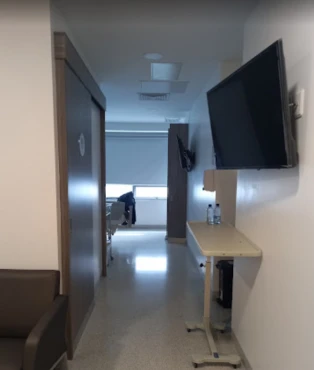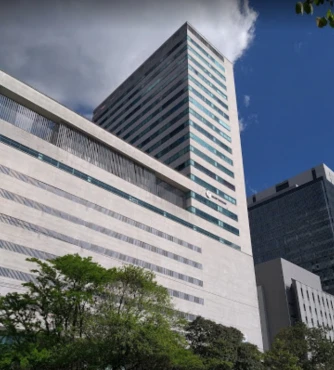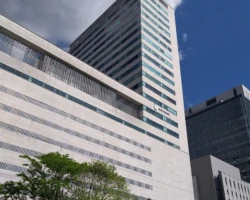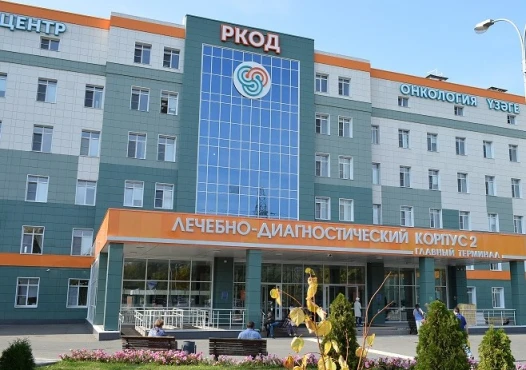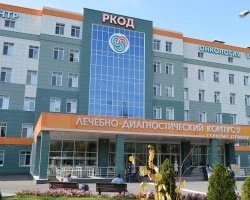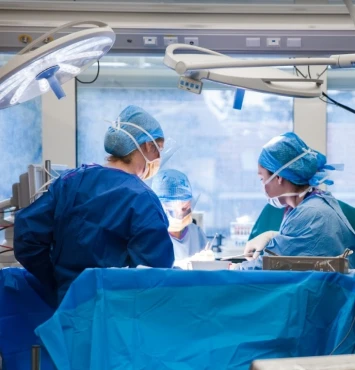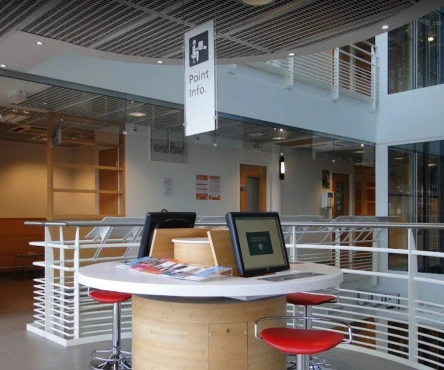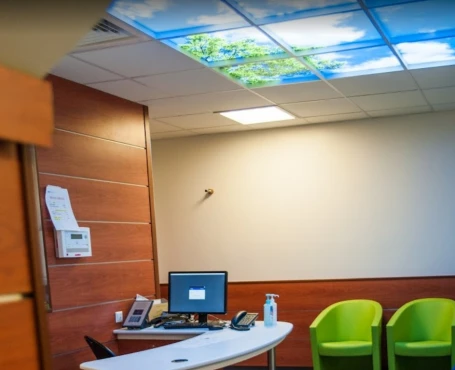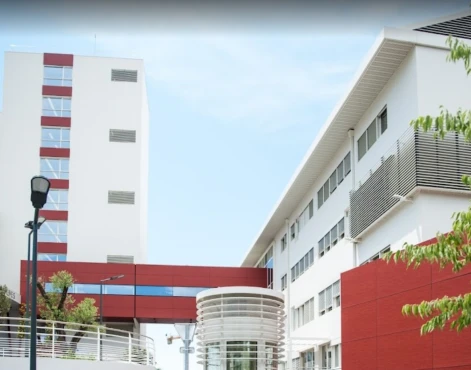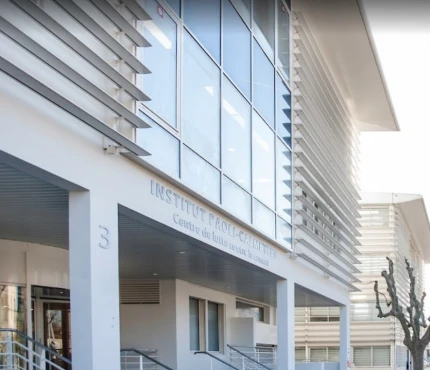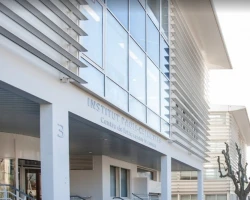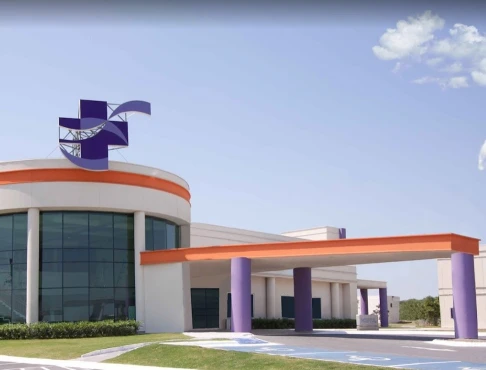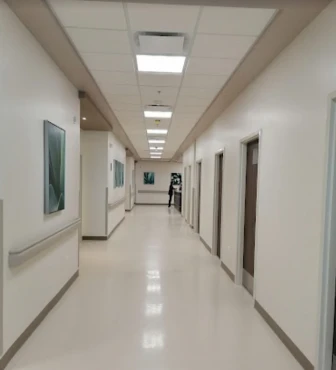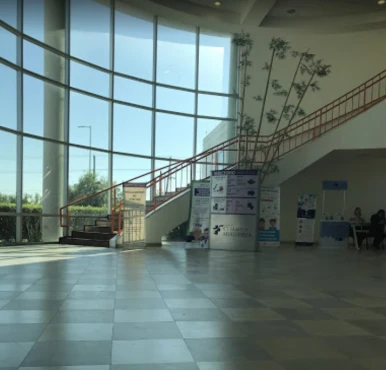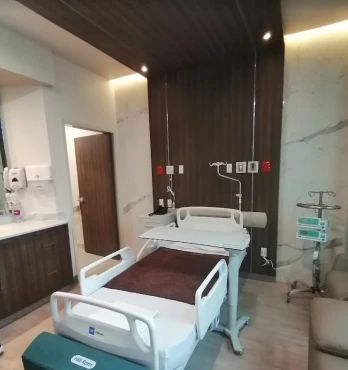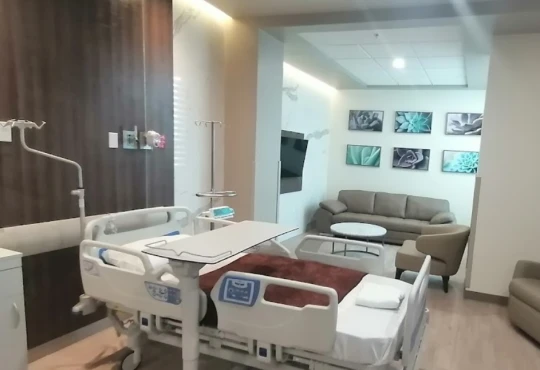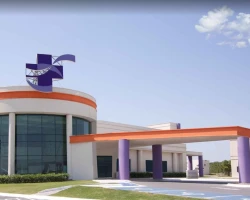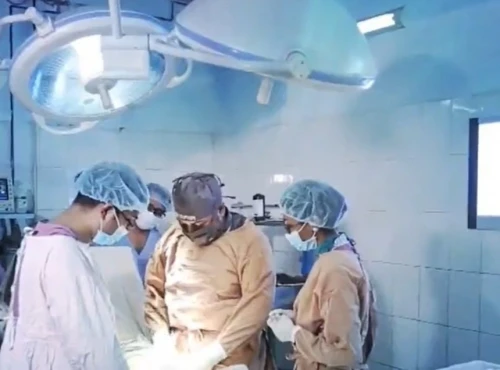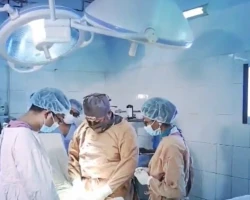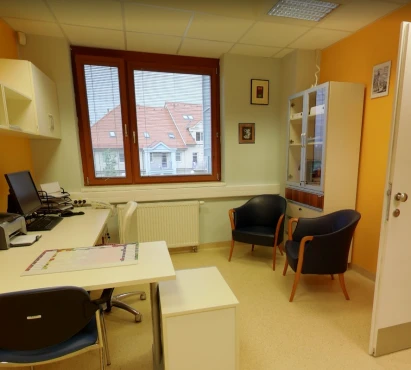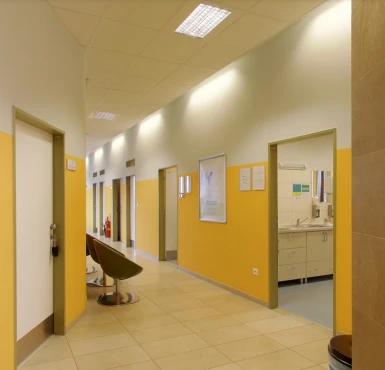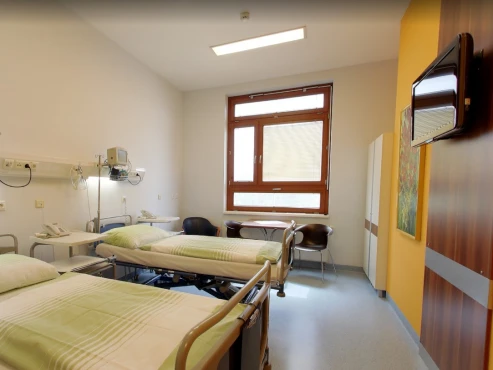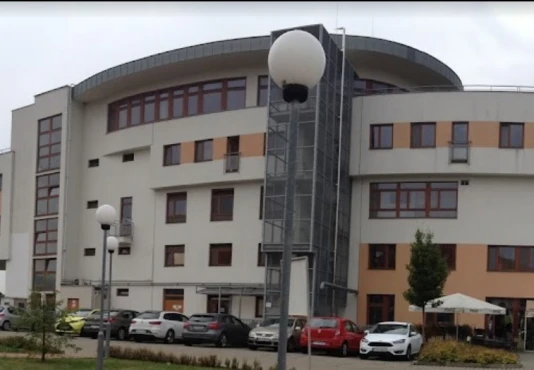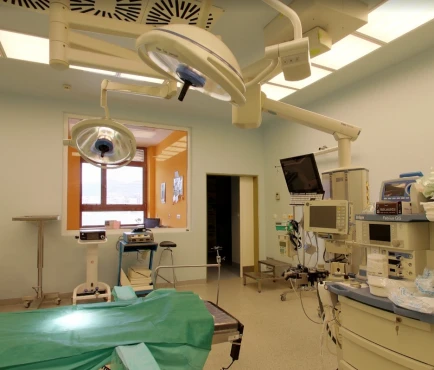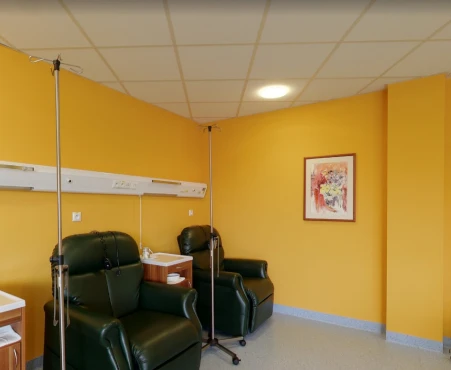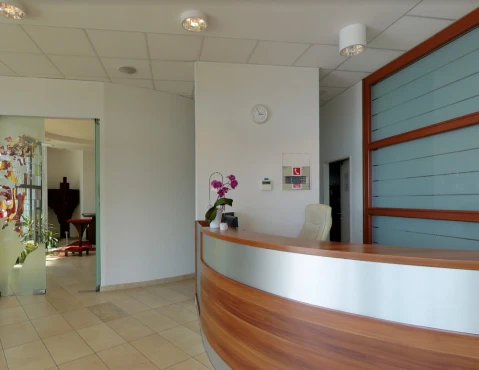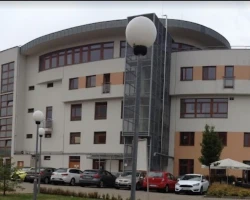Disease Types & Epidemiology
How common is the disease?
Bladder cancer is a highly prevalent malignancy, particularly impacting the urinary bladder. The American Cancer Society estimates that approximately 83,190 new bladder cancer cases will be diagnosed in the United States during 2024, tragically resulting in around 16,840 fatalities. According to 2021 estimates, the number of individuals in the United States living with bladder cancer was substantial, reaching approximately 730,044. Notably, this form of cancer disproportionately afflicts men, with a gender ratio of roughly 3:1. Indeed, it ranks as the fourth most common cancer affecting men while only the eleventh most prevalent in women [SEER, 2024].
Bladder cancer is a type of cancer that develops in the lining of the bladder. The bladder is part of the urinary tract, filters waste products from the blood, and produces urine. As well as the bladder, the urinary tract includes the kidneys, ureters, and urethra.
Bladder cancer has several types based on the cells where the cancer originates.
- The most common type is transitional cell carcinoma or urothelial carcinoma, making up about 90% of bladder cancers. It starts in the cells lining the inside of the bladder.
- Squamous cell carcinoma is another type, accounting for around 4% of cases. This begins in the thin, flat cells that can form in the bladder after long-term infections or irritation.
- Adenocarcinoma is a rare type, around 2% of bladder cancers, that starts in the cells making up mucus-secreting glands in the bladder.
- Small cell carcinoma is a rare type that begins in neuroendocrine cells and tends to grow and spread quickly.
Causes & Risk Factors
What is the primary issue of bladder cancer?
The most critical risk factor for developing bladder cancer is tobacco smoking, which accounts for around 50% of cases. People who smoke have a four-fold more significant risk of developing bladder cancer than people who have never smoked. People with the highest risk are those who smoke heavily, started smoking at a young age, or have smoked for a long time.
Occupational exposure to chemicals such as aromatic amines and occupational or medical exposure to ionizing radiation via previous radiotherapy for pelvic cancer are also important risk factors for bladder cancer. It is essential to understand, however, that many people who develop bladder cancer have none of the known risk factors.
Additionally, bladder cancer risk tends to rise with advancing age, as most cases are diagnosed in individuals aged 55 and above.
Clinical Manifestation & Symptoms
What signs should one anticipate while suspecting bladder cancer?
Bladder cancer symptoms can be subtle and are often mistaken for other conditions. Common symptoms include blood in the urine, which may cause it to appear red or cola-colored, increased frequency of urination without apparent reason, discomfort or pain during urination, pain in the lower back or pelvic area, and a strong need to urinate immediately, even if the bladder is not complete.
Diagnostic Route & Screening
When, where, and how should bladder cancer be detected?
Bladder cancer is diagnosed through a combination of tests and procedures:
- Urinalysis examines urine for blood and other substances.
- Cystoscopy is a procedure where a thin tube with a camera is inserted into the bladder through the urethra to examine the bladder.
- Biopsy is performed if abnormal areas are found during cystoscopy to remove a small tissue sample for examination.
- Imaging tests:
- CT urogram uses X-rays to create detailed cross-sectional images of the urinary tract.
- MRI provides detailed images of the bladder and surrounding tissues.
- Ultrasound uses sound waves to create images of the bladder.
- Urine cytology examines urine under a microscope to check for cancer cells.
- Urine tumor marker tests detect substances released by bladder cancer cells into the urine.
Patients with advanced/metastatic disease may be tested for the expression of a protein called programmed death-ligand 1 (PD-L1). PD-L1 can inhibit the immune system from recognizing and killing cancer cells. Individuals with a high level of PD-L1 may be offered treatment with certain types of immunotherapy that block PD-L1 and enable the immune system to kill the cancer cells.
Patients may also be tested for fibroblast growth factor receptor (FGFR) gene mutations. FGFR genes produce proteins involved in cell division and the formation of new blood vessels. A mutation in an FGFR gene can cause an FGFR protein to become overactive in bladder cancer; therefore, the presence of an FGFR mutation may indicate suitability for treatment with a specific targeted therapy that inhibits the FGFR protein.
Bladder cancer staging
What evaluations does bladder cancer undergo to identify the best treatment strategy?
Staging describes the cancer's overall extent, including its size, location, and whether it has spread from where it started.
If cystoscopy shows bladder cancer, the person may undergo a computed tomography (CT) scan and/or magnetic resonance imaging (MRI) of the urinary tract. CT is a type of X-ray that allows doctors to see internal organs in detail by producing thin slices of the body. MRI uses magnetic fields and radio waves to generate detailed images of the body's interior.
The CT and/or MRI scans allow assessment of the cancer's location and size. Imaging of the chest, abdomen, and pelvis may also be done to check for any signs that the cancer has spread.
The results of biopsies and/or imaging scans will confirm the type of bladder cancer (urothelial carcinoma or a rarer variant) and how far the cancer has progressed. The disease is categorized as:
- Non-muscle-invasive bladder cancer (NMIBC) is early-stage, where the cancer cells are only in the inner lining of the bladder and have not grown into the deeper muscle layer. NMIBC is further classified as low risk, intermediate risk, or high risk based on the likelihood of the cancer spreading further or recurring after treatment. The average five-year survival rate is 70-80%.
- Muscle-invasive bladder cancer has spread into or through the muscle layer of the bladder. About 50-60% of patients survive the five years after diagnosis.
- Advanced or metastatic bladder cancer has grown beyond the bladder and may have spread to another part of the body. Tumors in other areas away from the original tumor site are called metastases. The five-year survival rate is 15-20% for these cases.
Bladder cancer staging to determine size and spread is described using a sequence of letters and numbers, with five stages designated by Roman numerals 0 to IV—generally, the lower the stage, the better the prognosis [Cancer.gov, 2024].
Treatment routes
What is an appropriate treatment for different bladder cancer stages?
Surgical resection
The goal of resection is to remove the cancer along with a healthy margin of surrounding tissue to help prevent it from returning. The type of surgical resection depends on the stage of the tumor. Surgery options for bladder cancer include:
- Transurethral resection of the bladder tumor (TURBT), where the cancer is removed through the urethra. This type of surgery is typically used to treat early-stage bladder cancer and can be done at the same time as a cystoscopy. It is usually performed under general anesthesia.
- Cystectomy, which involves removing all (radical cystectomy) or part (partial cystectomy) of the bladder. This type of surgery is used to treat muscle-invasive bladder cancer (MIBC) and high-risk non-muscle-invasive bladder cancer (NMIBC) and is also done under general anesthesia.
During a radical cystectomy, nearby lymph nodes and some other close organs may also be removed to ensure all the cancer is removed with a healthy margin.
When the bladder is removed, an alternative method of collecting and passing urine must be created by the surgeon:
- Urostomy: a new opening (called a stoma) is made in the abdomen for urine to pass through, and the urine is collected in a waterproof bag attached to the stoma. This is the most common procedure following a radical cystectomy.
- Continent urinary diversion: part of the bowel is used to create a pouch inside the body to collect urine, which is then connected to a stoma on the abdomen through which the urine can be emptied.
- Neobladder: a new bladder is created using part of the bowel, which is then connected to the ureters and urethra.
- Rectosigmoid pouch: the rectum is altered to make a pouch to collect urine, which is then passed along with bowel movements.
Changes in the way urine is passed are a significant side effect of cystectomy that can have long-term effects on physical and emotional well-being [ESMO, 2022].
Chemotherapy
Chemotherapy destroys cancer cells and is used to treat both early-stage and advanced/metastatic bladder cancer.
In non-muscle-invasive bladder cancer (NMIBC), the chemotherapy can be applied directly to the bladder through a thin tube. This is called intravesical chemotherapy. Mitomycin C is a type of chemotherapy often used for intravesical treatment.
In muscle-invasive bladder cancer (MIBC) and advanced/metastatic disease, chemotherapy is administered intravenously so it can travel throughout the body. Cisplatin is the most common chemotherapy used for MIBC, while options for advanced/metastatic disease include cisplatin, carboplatin, and gemcitabine.
It is essential to understand that not all these agents suit all patients. Some patients may not be well enough to tolerate specific chemotherapy regimens, so the healthcare team will consider the patient's overall health and fitness when deciding on the best treatment.
Radiotherapy
Radiotherapy uses ionizing radiation to damage the DNA of cancerous cells, causing them to die. In the treatment of bladder cancer, radiotherapy may be used alone or in combination with chemotherapy.
Immunotherapy
Immunotherapies are treatments that block processes that reduce the body's immune response to cancer. The immunotherapies help reactivate the immune system to detect and fight the cancer. Bacillus Calmette-Guerin (BCG) is a vaccine thought to activate immune cells in the bladder lining, which can then kill cancer cells. Intravesical BCG is used in early-stage bladder cancer and is applied to the bladder through a thin tube.
Pembrolizumab, atezolizumab, and avelumab are intravenous immunotherapies that act on processes relating to PD-L1 and are used in treating advanced/metastatic bladder cancer. Sometimes, the use of pembrolizumab and atezolizumab will depend on PD-L1 levels, but often, these drugs can be used regardless of PD-L1 expression.
Targeted therapy
Targeted therapies are drugs that block specific biological processes in cancer cells to inhibit their growth. Erdafitinib is an FGFR inhibitor only used in patients with an FGFR mutation. Enfortumab-vedotin (EV) is a monoclonal antibody linked to a chemotherapy drug employed in the treatment of advanced/metastatic bladder cancer [Cancer.org, 2024].
Prognosis & Follow-up
How does cutting-edge science improve the lifespan and quality of life for those with the disease?
The prognosis for bladder cancer is influenced by various factors, particularly the stage and grade of the tumor. Patients with localized bladder cancer generally have a 5-year survival rate of around 72%. However, for those with regional disease, the 5-year survival rate decreases to approximately 40%. Tragically, the survival rate plummets to roughly 9% for individuals with distant metastatic bladder cancer.
Regular follow-up care is essential for early detection of cancer recurrence and management of long-term side effects. A typical follow-up schedule involves clinical examinations every 3 to 6 months for the first two years, then every 6 to 12 months for the next 2 to 3 years, and annually after that. Additionally, regular urine tests and imaging studies are conducted to monitor for any signs of cancer returning. Patients are encouraged to prioritize their health by adopting a healthy lifestyle, such as quitting smoking, exercising regularly, and maintaining a balanced diet. These proactive measures can improve overall well-being and lower the risk of cancer recurrence [Cancer.gov, 2024].
